Tesla’s plan to introduce its most advanced Full Self-Driving (FSD) technology in China appears to have encountered a slight delay. According to a recent post by Tesla’s AI team on X (formerly Twitter), the highly anticipated feature is currently awaiting regulatory approval in China, and its rollout might not happen until the first quarter of 2025.
The Full Self-Driving (FSD) software, which has been under development for years, allows Tesla vehicles to navigate and perform tasks autonomously, with minimal driver intervention. However, in China, strict regulations surrounding autonomous driving technologies have presented challenges for Tesla and other automakers.
Tesla has been actively working with Chinese regulators to meet the country’s stringent safety and data privacy standards. Despite Tesla’s efforts to accelerate the process, it seems that local authorities may require more time to approve the technology, delaying its official launch.
This delay might impact Tesla’s competitive edge in China, where local automakers like Nio and Xpeng are also working on advanced driver-assistance technologies. Tesla’s Model Y and Model 3 vehicles are already highly popular in China, and the introduction of FSD would further enhance their appeal in the market. However, this delay gives competitors more time to strengthen their own autonomous driving capabilities.
In the meantime, Tesla continues to expand its production capabilities in China, with the Shanghai Gigafactory serving as a hub for manufacturing its electric vehicles. The company also plans to roll out a six-seat variant of its Model Y from late 2025, further boosting its presence in the Chinese market.
Once Tesla’s FSD technology receives approval in China, it is expected to be a game-changer, allowing Tesla to tap into the country’s rapidly growing market for autonomous vehicles. However, until regulatory hurdles are cleared, the timeline remains uncertain.
While Tesla’s Full Self-Driving rollout in China faces delays, the company’s ongoing efforts and regulatory cooperation suggest that its advanced technology could still make a strong impact in 2025. As Tesla continues to expand its product lineup and production capacity, the FSD approval will be a key factor in the company’s future success in one of the largest EV markets in the world.
This delay gives competitors a temporary advantage, but Tesla’s leadership in AI and autonomous technology positions it well for the future.
Bringing you the latest updates on finance, economies, stocks, bonds, and more. Stay informed with timely insights.
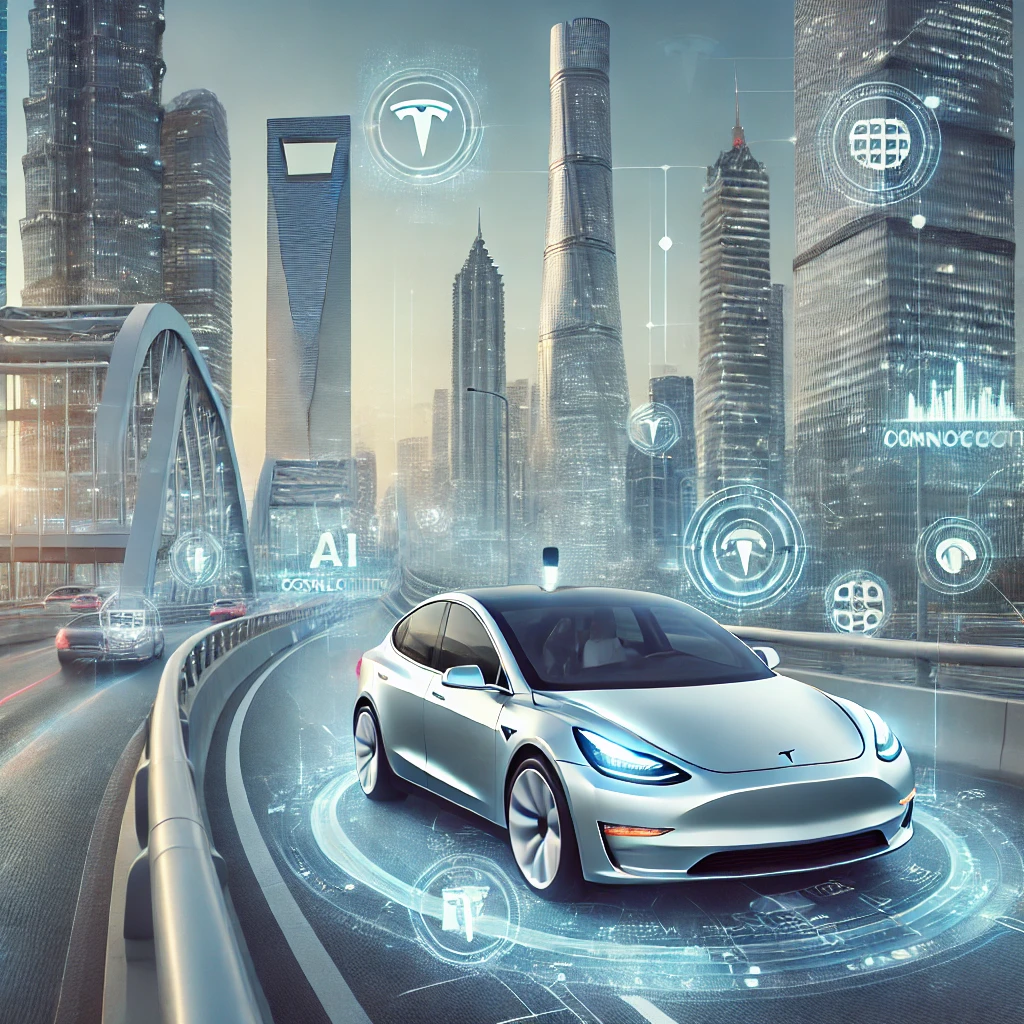

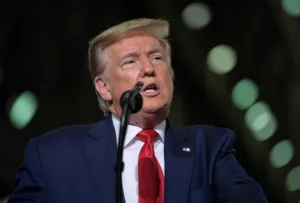
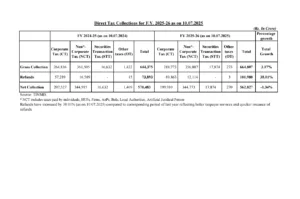
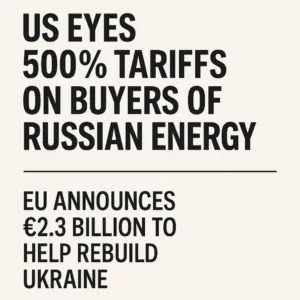

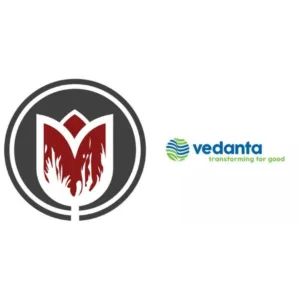
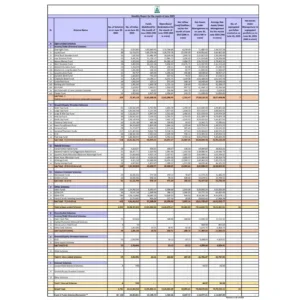






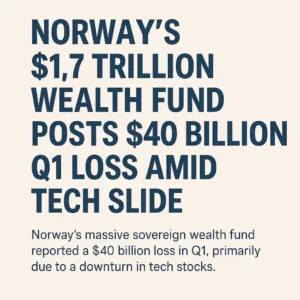
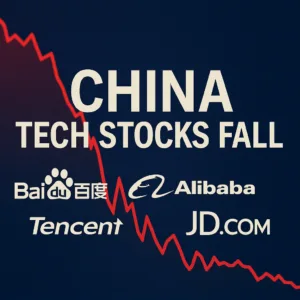


Be First to Comment